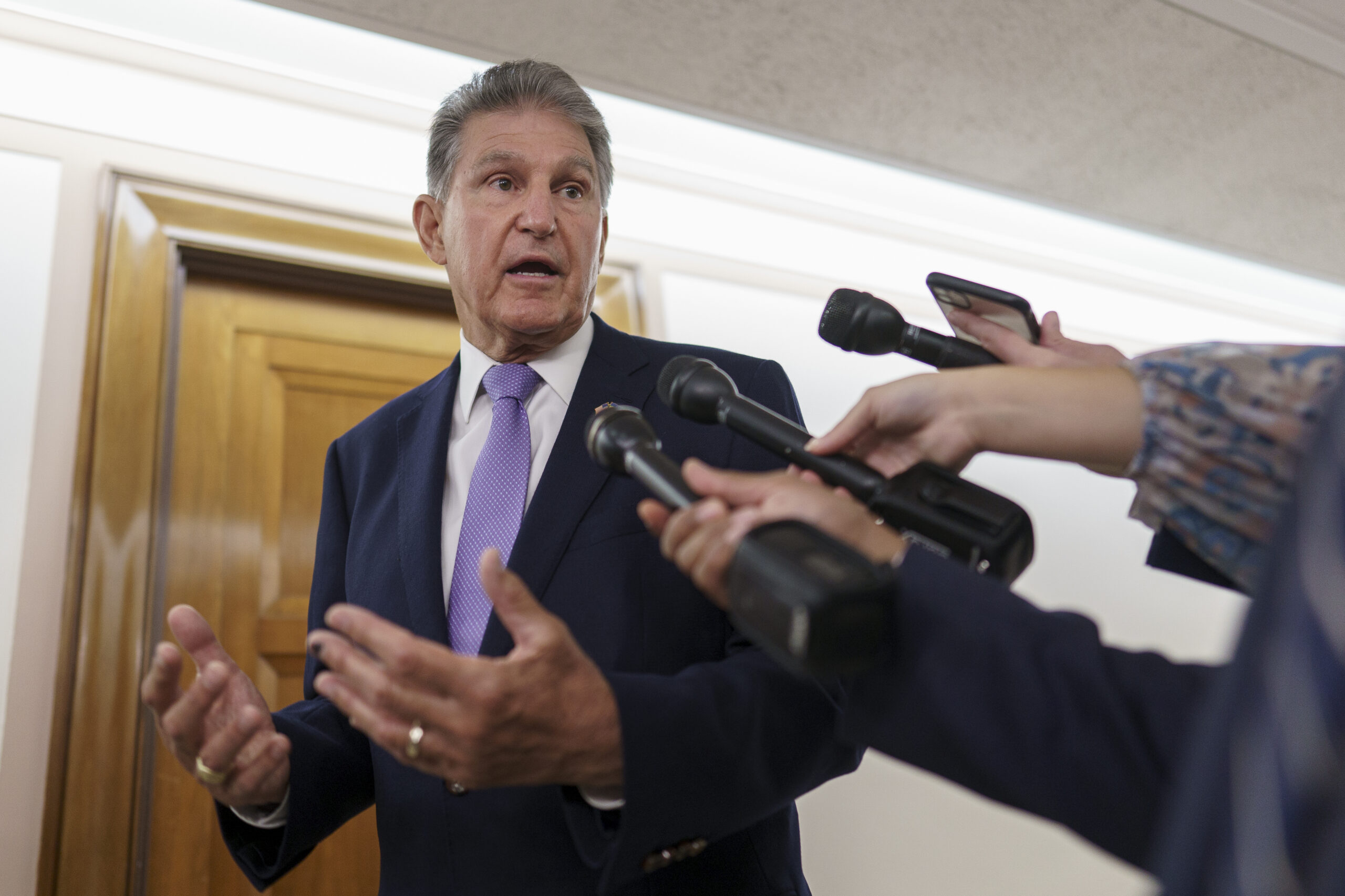
Manchin strikes again: Reconciliation package surfaces, with drug pricing reforms fully intact — for now
Sen. Joe Manchin (D-WV) once again found himself in the spotlight Wednesday evening, but this time his colleagues seem happy with the results.
Manchin and Senate Majority leader Chuck Schumer (D-NY) struck a $740 billion reconciliation deal that will reduce the deficit by about $300 billion and now includes not only the previously announced CMS drug price negotiation provisions, but also caps seniors’ out of pocket costs at $2,000 per year, and a 15% corporate minimum tax for billion dollar corporations as part of a larger package of climate change and energy security reforms.
Unlock this article instantly by becoming a free subscriber.
You’ll get access to free articles each month, plus you can customize what newsletters get delivered to your inbox each week, including breaking news.